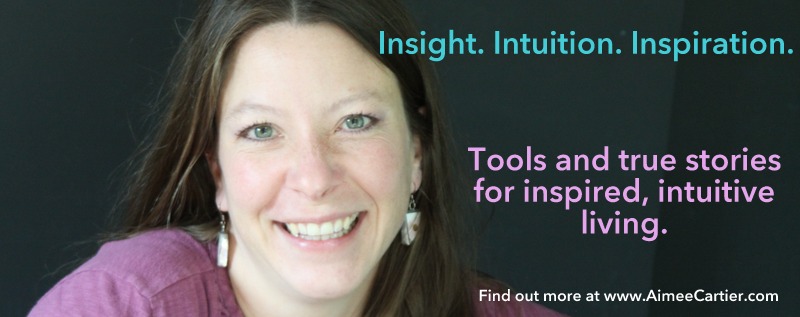A buzz of energy, and a hive is born on Vashon
Despite the dramatic decline of honey bees, here on Vashon, the miracle of a hive’s birth is witnessed.
“Look at all of those bees!” my 4-year old friend cries. I’m standing in a friend’s yard in Burton. We look out, and there above the field are thousands of bees. They’re buzzing around, flying over the tall grass by the elm tree. Before long they alight upon a branch high over the field, all 30,000 plus of them.
For months now I’ve been hearing bits and pieces about how our honey bees are disappearing. All over the nation, hives have been found deserted, dead, like little mortuaries. It seems simply sad at first, until you realize what honey bees do, and then it becomes alarming.
One-third of everything you put in your shopping cart at Thriftway owes its health to bees: from the cranberry juice to the cucumbers, from the spaghetti sauce to the burgers. That’s right, even livestock feed on crops that are pollinated by bees. Simply put, we need bees.
The irony of the story for me is that honey bees are not native to this land. Like so many of the other things that we eat, plant in our yards and see in the forests, honey bees arrived with many of our ancestors on the first boats from Europe.
However, even in light of all of this, I can’t help but feel awe as I watch the swarm of bees start to coalesce. They’re swarming, a friend tells me– meaning that they’ve outgrown their previous hive, so they’ve split from it. Some of the bees stay behind with a new queen, and the others take flight with the old queen to find a new hive.
“You mean we’re seeing a hive be born?” I ask excitedly.
Even before I knew how essential bees actually were to us, I revered them. To me they seem to know things– intricate details about the cycles of the earth and the flowers. And I mean who can’t love something that turns flowers inot honey, that makes nectar straight from the earth’s beauty?
Of course, not everybody feels this way. I can’t count the number of times I’ve seen people freeze up when they hear the buzz of a bee. you know the scene. They’re enjoying a glass of lemonade on the veranda, when they hear the buzz. All of the sudden it’s as though they’ve discovered they are the target of a sniper’s gun. “Oh my god! it’s a bee!” you will hear exclaimed. Then this otherwise-together human will start either frantically swatting or begin Operation Emergency Evacuation.
Meanwhile the bee, taking hardly any notice of the persons on the veranda (except that they are now flailing around wildly, which actually may be cause for bee alarm), is simply looking for a bit of pollen to whet its tiny bee tongue and feed its hive. For them, a sting is an act of ultimate self-sacrifice, one used as a last resort. It causes their immediate death but hopefully ensures the safety of their brethren. Bees can actually smell the stings of other bees– it’s a warning signal to stay away or to mount attack if the hive is in great danger.
An hour later local bee keepers Jerome Myers and Mary Marth arrive on the scene with a bee hive box, and I watch them position a 30-foot ladder up to the bee branch. Based on the principle that if you’ve got a hive positioned below, you can shake a swarm and they will literally fall into the hive, Jerome climbs the ladder in his bee-keeping suit to do just that. But because the hive box is not precisely underneath the huddled masses of bees, he’s got a plan. Burlap bag in hand, he climbsup to the bees and literally starts scooping them into the bag.
Mary down below in her bee-keeping suit says, “Some of them are just falling to the ground!” The bees get up after a minute and wander around. Buzzing starts to fill the air.
The burlap bag of bees (and Jerome) descend the ladder, and Jerome walks over and literally dumps the bees into their new home.
Standing in quiet observation, I get the feeling none of us, including them, have ever done anything like this before. There is a buzz of energy in the air as if this is, at once, a spectacular event and just the most natural thing in the world.
But to me, witnessing a hive being born feels just like magic.
Wednesday, July 4, 2007- The Vashon-Maury Island Beachcomber




 I like this!
I like this!